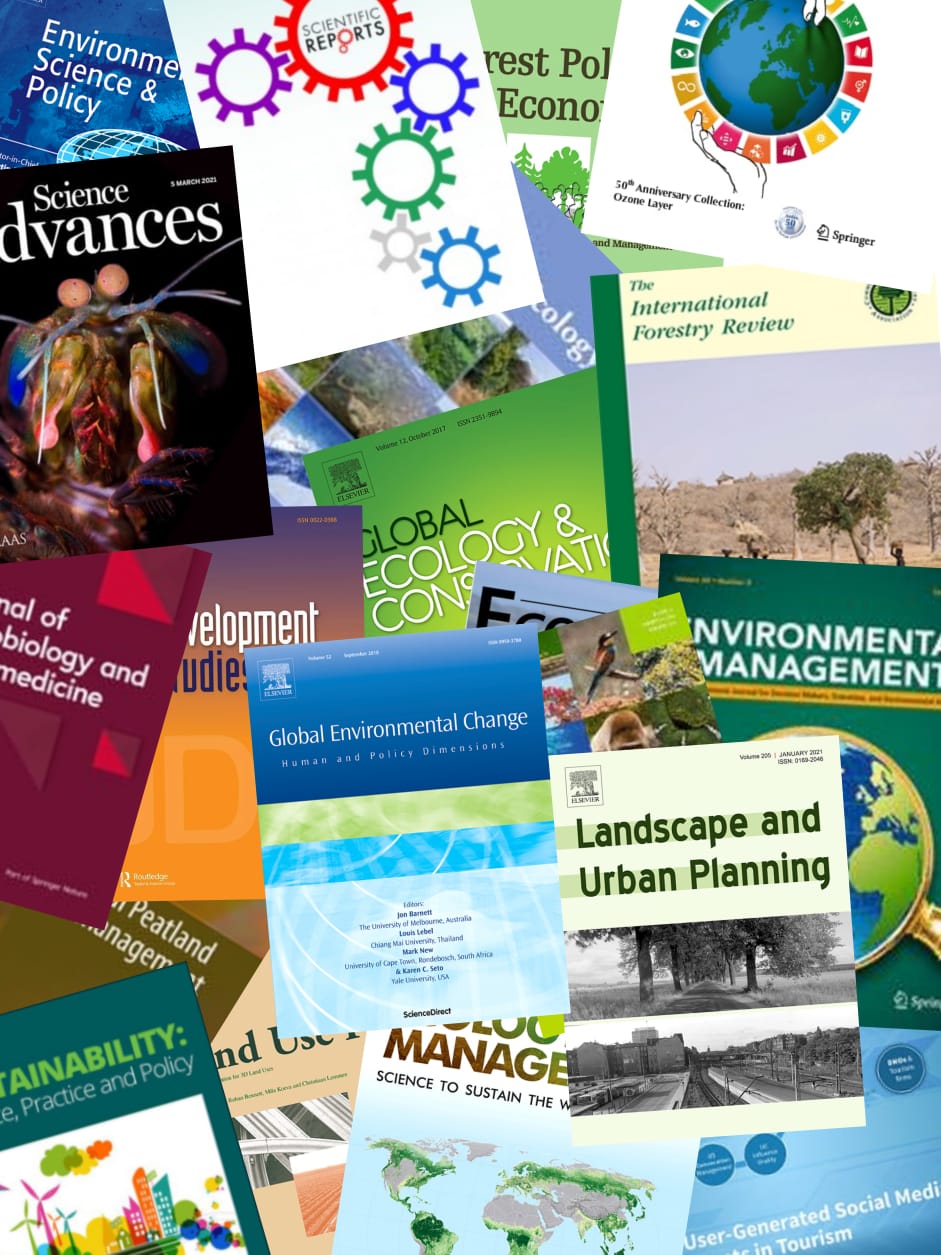Results from remote sensing analysis, participatory mapping, socio-economic interviews, and hotspot information that were analyzed in a geographic information system (GIS) show how fire has changed the landscape through its use in land preparation for oil palm and timber plantations and in the development of transmigration settlements. These timber and oil palm plantations have greatly altered the livelihood options of the communities, and have created conflict between communities and companies over land-use allocation and tenure. In many cases, conflict over tenure has been the motive for forest and land fires during the annual dry season. The study suggests that, where partnerships between communities and companies were established to develop oil palm and timber plantations that included a greater sharing of benefits and use of land, the incidence of fires designed to damage the planted resource was greatly reduced. Copyright © 2003 by the author(s). Published here under licence by The Resilience Alliance.

